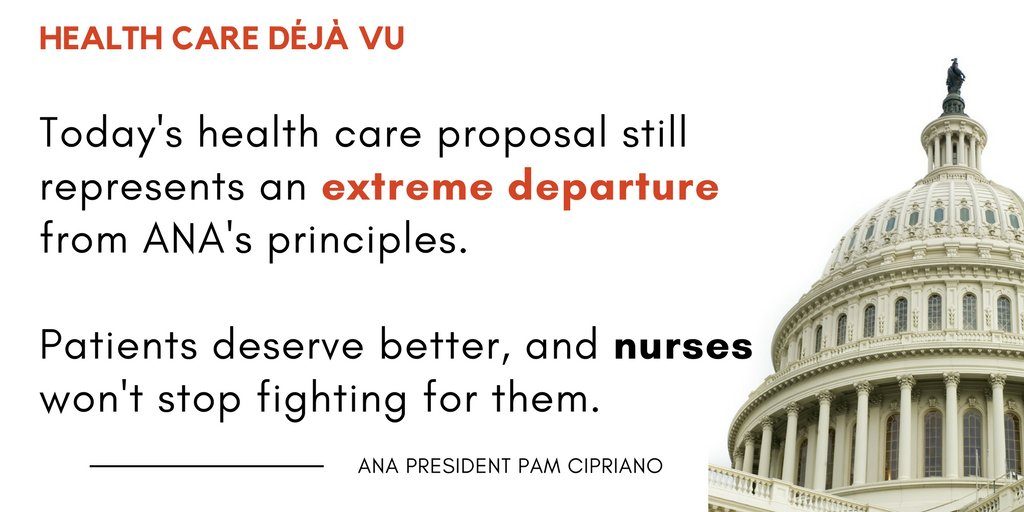The healthcare of millions of Americans is currently under threat from multiple branches of government. The non-partisan Congressional Budget Office (CBO) on July 13 released its analysis of President Trump’s proposed FY 2018 federal budget; it continues to threaten the healthcare access of the most at-risk populations of Americans. President Trump’s proposed cuts to Medicaid would result in a $610 billion reduction in Medicaid spending by 2027. This number presumably does not include the additional potential cuts to Medicaid – such as the Better Care Reconciliation Act of 2017 (BCRA) repeal of Medicaid expansion – included in the anticipated $1.25 trillion in spending reductions by 2027 associated with the repeal and replacement of the Affordable Care Act. The Trump budget would severely impact vulnerable populations’ access to vital health care services. These vulnerable populations include children and adults with disabilities, low-income elderly individuals, individuals with chronic conditions, individuals with mental health conditions and substance use disorders, and individuals who need long-term supports, such as home and community-based services and skilled nursing facilities. Medicaid is a critical source of funding for these services and it has broad public support. Such enormous reductions in Medicaid spending would inevitably force states to make tough decisions as to which services to provide to which of these vulnerable populations, ripping away from millions of Americans their only source of healthcare coverage.
Congress, meanwhile, has its own plans for reducing Americans’ access to critical healthcare services. According to the CBO, the Senate’s BCRA would also reduce Medicaid spending dramatically – by $756 billion through 2026. The plan would roll back Medicaid expansion and would create a per-capita cap on the amount of federal Medicaid funding states receive, limiting the amount of Medicaid funding available to states even beyond 2026. These reductions would impact vulnerable populations in a way similar to those under President Trump’s budget. Furthermore, the BCRA would reduce subsidies to pay for individual health insurance coverage by $396 billion by 2026. These changes would leave an additional 22 million Americans without healthcare coverage by 2026. The numbers are even worse for a straight repeal of the Affordable Care Act (ACA), which the CBO estimates would leave 32 million more American uninsured and cause insurance premiums to double through 2026. Meanwhile, the Republican Study Committee – the House Republicans’ conservative policy making arm – has released its budget priorities for the FY 2018 budget. These include a complete repeal of the ACA, a conversion of Medicaid into a block grant or per-capita cap program (see ANA’s policy primers on Medicaid block grants here), and phases in an increase in the Medicare eligibility age.
These developments are bad enough on their own. But they have also overshadowed the fact that the Children’s Health Insurance Program (CHIP), which provides healthcare coverage to 8 million American children, is up for reauthorization this year. If CHIP is not reauthorized by September, federal CHIP funds will not be available to states and current funds would run out within a year, thus putting healthcare access for those 8 million children at risk. CHIP reauthorization has been overlooked in the battles over healthcare reform in the House and Senate, and only one hearing on the subject has been held in either house during this Congress.
The Senate is still in the process of deliberating healthcare reform and the dismantling of the ACA. All of these healthcare reform proposals fly in the face of ANA’s 4 core principles of health system transformation and place our nation’s most vulnerable populations at risk of losing vital healthcare services. While the prospects for any bill to pass still look dim, ANA urges you to keep the pressure on your senators and representatives to ensure that they know that nurses do not support these reform efforts. Contact your elected officials today to let your voice be heard!


 What happens next? The CBO will evaluate Version 2.0 and release a score on Monday. The CBO’s report will assess the impact of the new bill and predict how much it will cost or save the Federal Government. In the
What happens next? The CBO will evaluate Version 2.0 and release a score on Monday. The CBO’s report will assess the impact of the new bill and predict how much it will cost or save the Federal Government. In the